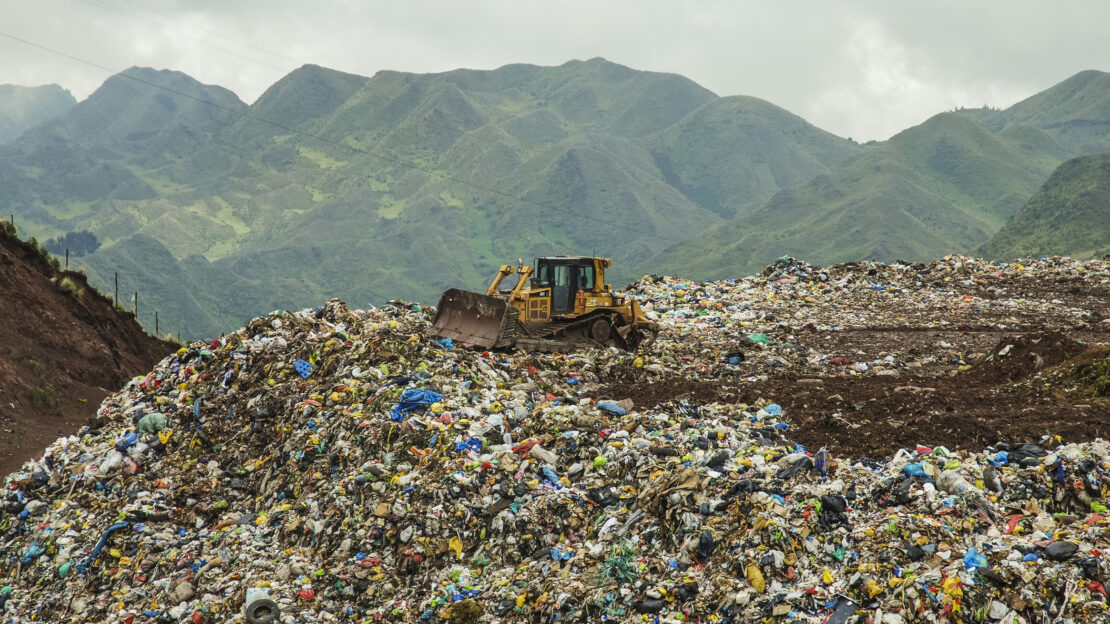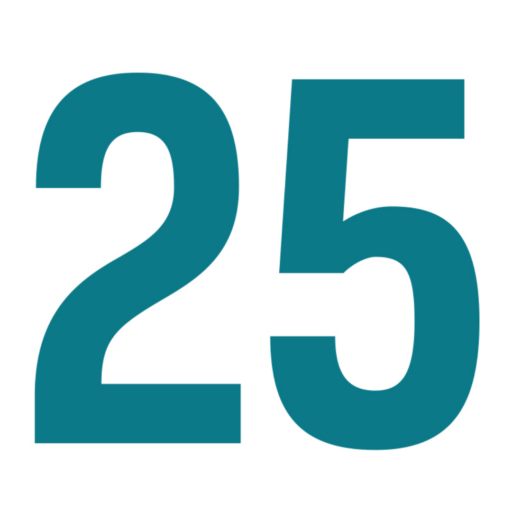In this comment-piece RAW founder and plastics campaigner, Mel Watson, gives an update on the negative effect that the coronavirus pandemic is having on plastic waste pollution and answers pressing questions about the safety of reusables during this time.
As a result of the coronavirus pandemic, reusable drinking bottles, cups and bags are being shunned, and sales of throwaway bottled water, bags, masks, gloves and antiseptic wipes – made from plastic – are soaring.
‘Big plastic’ continues to push the plastic recycling myth and is using the coronavirus crisis to try to block laws prohibiting single-use plastic. Industrialised countries continue to offshore plastic waste to receiving countries that are ill-equipped to deal with it.
Plastic bag charges are being waived, some recycling programs are still suspended and government plans to further reduce single-use plastic are being reviewed or put on hold due to the pandemic.
Hospitals and research groups are racing to roll out new ways to reuse face masks safely, but the trash industry is braced for the potential deluge of ‘coronavirus waste’.
Plastics campaigner and RAW founder Melinda Watson says:
“There is likely to be an explosion of single-use products and packaging for some time, and the long-term impact of these reactive measures on plastic pollution and our long-term health will undoubtedly be significant.
As a result, our global approach to addressing the catastrophic plastics crisis will continue to contribute to climate change, threaten all life, contaminate precious water systems, pass up the food chain, affect human health, infiltrate other cultures and encourage a throwaway consumer culture at an unprecedented rate.
What the coronavirus crisis is showing us is that the separation of health and environmental policy is a dangerous delusion. Nature is sending us a message, and this time, we cannot afford go back to business as usual.”
How safe are reusables? Melinda Watson answers your most pressing questions.
1. Are reusables safe?
Yes. There’s a lot of concern about using personal items at the moment, but reusable bottles and cups remain safe to use when thoroughly washed on a regular basis using washing up liquid and hot water. This is an effective way to dissolve and kill the coronavirus, other viruses and bacteria – and dishwashers are even more effective. The same goes for reusable shopping bags – regular washing with detergent and water will destroy the coronavirus.
2. Are single-use disposables safer?
No. When compared to your own properly washed reusables, disposables can harbour coronavirus, other viruses and bacteria all along the supply chain. From production, transport and shelf stocking to eventual use – they are subject to hygienic uncertainty. Although many people tend to think of plastic packaging as being sanitary – no disposable packaging is sterile – not even close.
In addition, it’s important to remember that using more single-use plastic disposables during this or any other time increases your exposure to endocrine disrupting chemicals that are toxic. According to a recently-released scientific consensus statement, over 12,000 chemicals are used in food packaging, and many of them are hazardous to human health.
3. Can I use my reusable water bottle or coffee cup?
Yes. Coronavirus mainly spreads through coughs and sneezes, not your reusable water bottle or cup. Especially when you refill from home. When you return home, always wash your bottle or cup with soap and hot water again, preferably in a dishwasher.
4. Will coronavirus kill our growing reusable and zero waste lifestyle?
No. The need for safe reuse and refill delivery systems has never been greater. COVID-19 might just be the push we need to expand and formalise ‘zero waste’ circular economy systems, that work in harmony with nature.
This comment piece was published in our June 2020 newsletter. Sign up receive monthly event sustainability news, case studies and guest blogs direct to your inbox using the form below.


